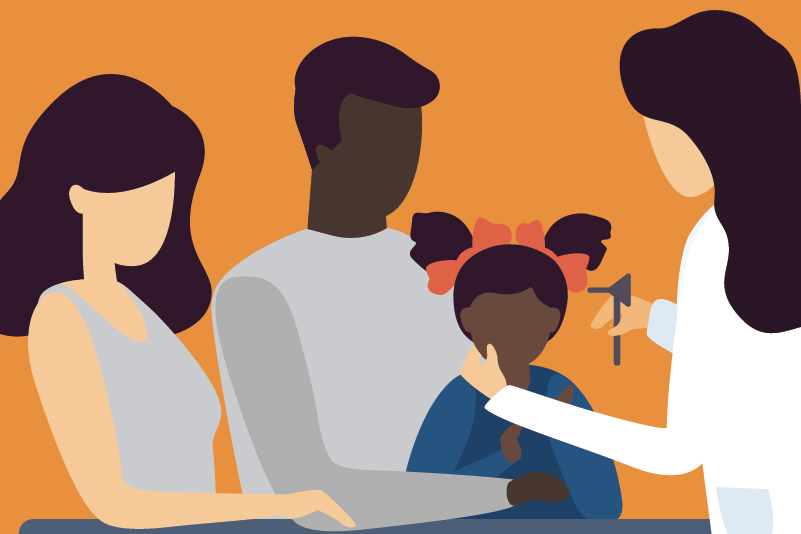#24 Pediatric Cough: Do Honey or OTC cough suppressants help?

Reading Tools for Practice Article can earn you MainPro+ Credits
Join NowAlready a CFPCLearn Member? Log in
- Statistical improvements were infrequent, inconsistent and of doubtful clinical significance.
- 105 children, mean age five (range 2-17): one night-time dose of honey, dextromethorphan (DM), or nothing.2
- Statistically significant cough/sleep score improvement in:
- Five of five three-way comparisons: superiority in order of honey over DM over nothing.
- Neither honey or DM reached clinically important improvement
- 139 children, mean age three (range 2-5): one night-time dose of honey, DM, diphenhydramine (DPH), or supportive care.3
- Statistically significant improvement in:
- All groups after 24 hours: Mean improvements were 59% for honey, 45% for DM and DPH, and 31% for supportive care.
- Honey superior to DM and DPH, which were superior to supportive care.
- Statistically significant cough/sleep score improvement in:
- 270 children, median age 2.4 (range 1-5): one night-time dose of three different types of honey or placebo (silan date extract).4
- Statistically significant cough/sleep score improvement in:
- Five of five comparisons for all honey types over placebo with no difference between honey types.
- Statistically significant cough/sleep score improvement in:
- 134 children, age range 2-14 years: 3 night-time doses of milk with honey, or DM or levodropropizine (another antitussive).5
- No statistically significant difference between groups in cough relief.
- A meta-analysis6 of 3 of the included trials2-4 found that honey reduced cough frequency more than diphenhydramine and placebo, but not dextromethorphan.
- The magnitude of honey’s benefit cannot be determined due to study design.
- Methodological issues in honey trials: randomization not assured,2-5 no blinding,3,5 excluded patients deviating from protocol,3 substituting clinicians rating for parent/child,3,4 funding by the Honey Board,2,4 and limited clinical significance.2-5
- There is a strong placebo effect in treating pediatric cough; an RCT of 120 children found no significant difference between agave nectar and placebo, however, both reduced cough frequency and severity compared to no treatment.7
- Due to poor evidence of benefit and possible harms, Health Canada8 recommends OTC cough and cold medicines not be used in children under six.
- Honey should not be used in children in age ≤1 due to risk of infantile botulism.







Paid for by Big Honey? Not unlike most drug trails that are funded by pharmaceutical companies.